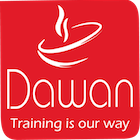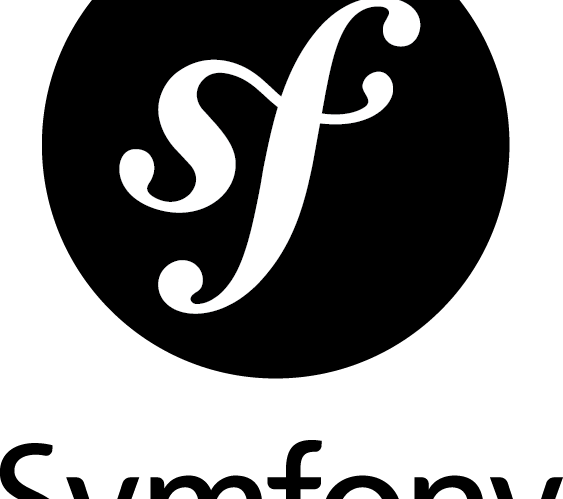Goals
- Master the fundamentals to carry out a Symfony project
Program
PHP framework: market definition and review
Architecture principles: HTTP centering, object orientation, service orientation
Anatomy of the framework: the kernel, components and bundles
Configure the environment, manage the prerequisites, the symfony executable
Start the project with symfony or compose, choose its starting
template Add packages with Symfony Flex to compose
The project directories
Configure the project via the config files
Configure the sound environment via DotEnv
Choose and use your development server
Workshop: Install, c iles and launch a project Symfony
Recognize the URLs requested via the routes
Produce the HTTP response by the controller classes
Use the route annotations
Refine the management of the routes: parameters, default values, constraints, methods
Automatically convert the parameters
Control the HTTP dialogue via the objects of the HttpFoundation component
Debug routes Profiling
pages
Workshop: Create your first pages
Principle of a template engine and presentation of Twig
Configure Twig: path, automatic escape, global variables, etc.
Syntax review: tags and interpolations
Referencing pages, creating hypertext links
Referencing JS, CSS and image resources
Factorize templates: inheritance, inclusion and subquery
Improve page rendering, set up a navigation system
Understanding the role of an ORM
Installing and configuring Doctrine
Create an entity class
Use migrations: create the schema
Save an object in the database
Load objects from the database
Automatically load from the route (ParamConverter)
Set up relations / associations
Workshop: link the content of the pages to the database
Build the form and associate it with a data class
Render the form in HTML
Receive and validate the data
Create your own validators
Form classes
Customize the rendering (theming)
Create input forms
Operating principle: authentication and authorization
Create your user class, the provider and manage the password encoding
Authenticate the user on a firewall context
Control access to roles at the level of the wall fire, roads or in code
Create custom rules with voters
Authenticate users and restrict access to pages
Configure the language, use catalogs
Write message catalogs
Translate validations, entities, urls, etc.
Manage the user locale
Set up translations
Use of ServiceContainer services
Injection of services and configuration
Public and private
services Rename services using aliases
Configure services and manage arguments
Configure auto wiring and auto configuration
Bind arguments by name or type
Workshop: Deporting treatments to services
Review the fundamentals of HTTP cache
Compare the two cache management models Expiration and Validation
Implement the cache strategy on the routes and in the controllers
Exploit the fragments of pages cached via Edge Side Includes
Workshop: Reduce page rendering times by relying on HTTP cache and ESI
Passing of the certification (if foreseen in the financing).
Duration
5 days
Price
£ 2495
Audience
All
Prerequisites
Have followed the « Advanced PHP » course or have equivalent knowledge, in particular OOP
Reference
PHP599-F
Sessions
Contact us for more informations about session date











